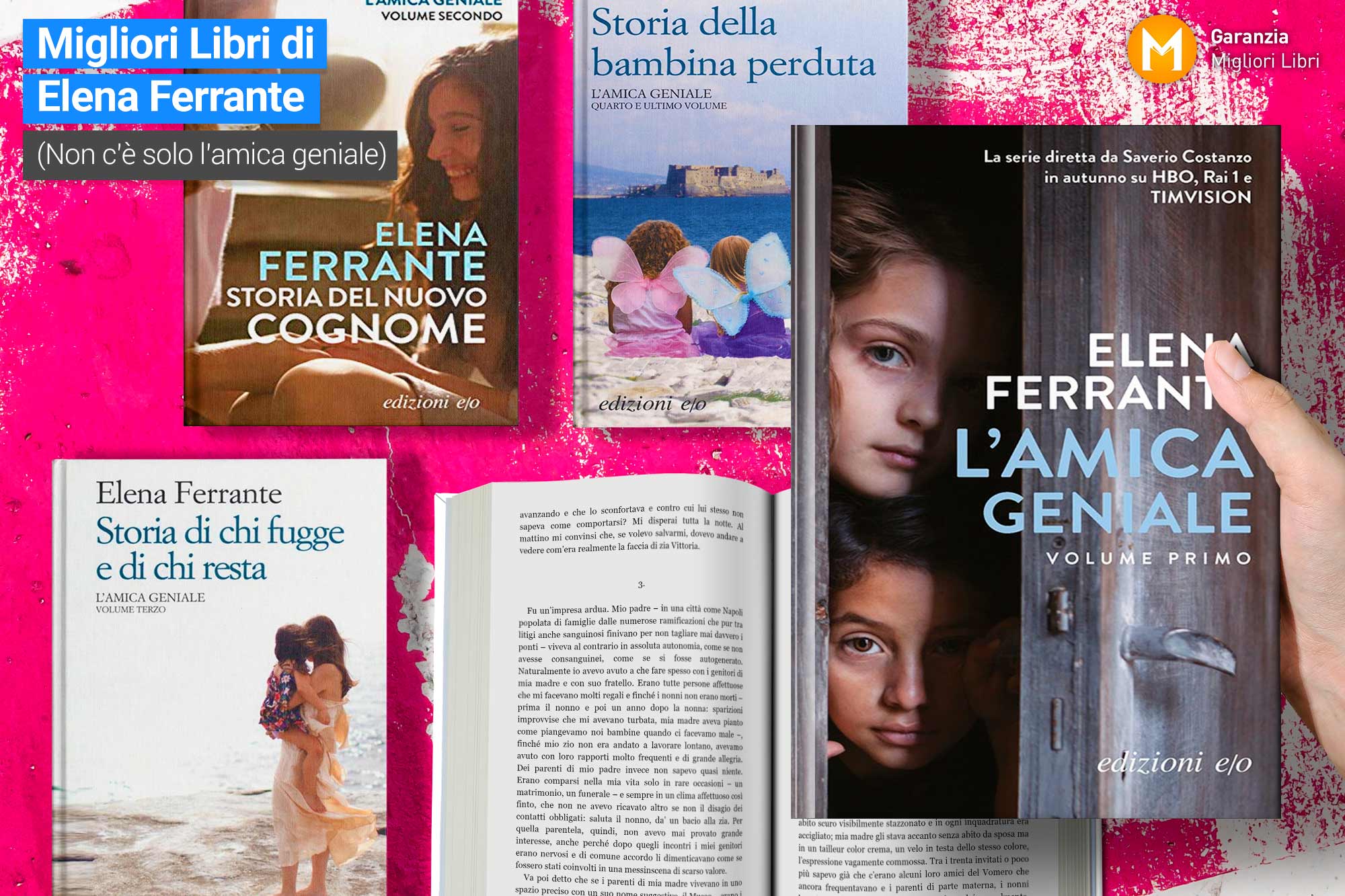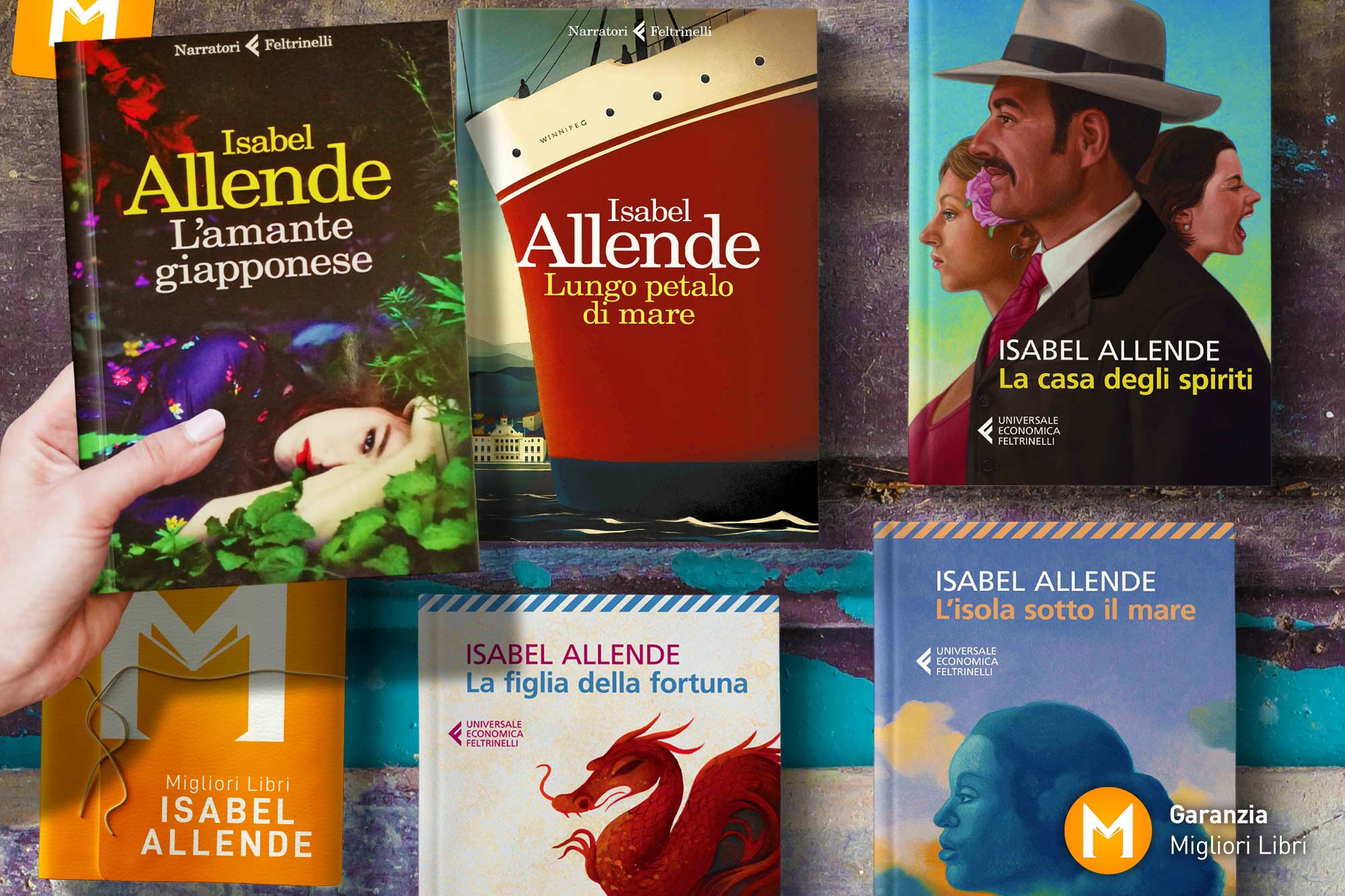Questa è la pagina dedicata a stato di flow.
In questa pagina troverai 5 prodotti, tra cui “Flow: The Psychology of Happiness (English Edition)”.
Flow. Psicologia dell’esperienza ottimale
“Flow” è un classico fondamentale della psicologia contemporanea. Pubblicato per la prima volta nel 1990 (e in Italia da lungo tempo assente dal mercato), oggi è sempre più riscoperto, citato e studiato come caposaldo della psicologia positiva. Le persone raggiungono la massima felicità quando sono in uno stato di “flow”, cioè di totale concentrazione e assorbimento in un’attività. Una sensazione simile alla trance agonistica. Forse per questo, negli anni, il concetto di flow ha avuto tanto successo in ambito sportivo e nel coaching, diventando così popolare al giorno d’oggi. Con la consapevolezza e le giuste conoscenze, l’esperienza ottimale può essere ricercata e controllata, diventando uno strumento per sbloccare risorse che consentono di dare il meglio di sé. Ma vivere singoli episodi di questo tipo è solo un primo passo: se si riesce a legare la propria esistenza a una finalità potente, allora la vita stessa può divenire un unico lungo flow in cui tutte le esperienze sono interconnesse e ordinate. Questo, dice Csíkszentmihályi, è lo stato di felicità più alto che possiamo sperimentare. Prefazione all’edizione italiana di Giuseppe Vercelli.
Flow: The Psychology of Optimal Experience [Lingua inglese]
Mental Toughness Handbook; Train Your Brain For Peak Performance, Grit, Self-Discipline, Hyper-Focus Flow State, and Concentration, Avoid Procrastination: as used by Sports Athletes & Entrepreneurs
Flow: The Psychology of Happiness (English Edition)
Ethnographic Collecting and African Agency in Early Colonial West Africa: A Study of Trans-Imperial Cultural Flows
The early collections from Africa in Liverpool’s World Museum reflect the city’s longstanding shipping and commercial links with Africa’s Atlantic coast. A principal component of these collections is an assemblage of several thousand artefacts from western Africa that were transported to institutions in northwest England between 1894 and 1916 by the Liverpool steam ship engineer Arnold Ridyard. While Ridyard’s collecting efforts can be seen to have been shaped by the steamers’ dynamic capacity to connect widely separated people and places, his Methodist credentials were fundamental in determining the profile of his African networks, because they meant that he was not part of official colonial authority in West Africa. Kingdon’s study uncovers the identities of many of Ridyard’s numerous West African collaborators and discusses their interests and predicaments under the colonial dispensation. Against this background account, their agendas are examined with reference to surviving narratives that accompanied their donations and within the context of broader processes of trans-imperial exchange, through which they forged new identities and statuses for themselves and attempted to counter expressions of British cultural imperialism in the region. The study concludes with a discussion of the competing meanings assigned to the Ridyard assemblage by the Liverpool Museum and examines the ways in which its re-contextualization in museum contexts helped to efface signs of the energies and narratives behind its creation.
Se volessi saperne di più, dai un’occhiata al nostro canale Youtube!


![Flow: The Psychology of Optimal Experience [Lingua inglese]](https://m.media-amazon.com/images/I/4187W86yEUL.jpg)
















Lascia un commento
Devi essere connesso per inviare un commento.